This post was originally published on December 2, 2019.
Eleven-year-old me wanted nothing more than to be able to walk into a store and buy a magazine with models on the cover who represented me. I wanted to see someone with my deep-bronzed skin tone or with a similar ethnic background. I desperately wanted to see stories and narratives of black girls who weren’t loud and sassy, but who were quiet, anxious and artsy.
There’s something so important and vital about being able to take up space in a world that is built for you. I imagine that when you’re white, there’s a sense of belonging you feel that isn’t commonplace for black people. When you’re black, everything serves to remind you that you’re other, not quite the norm.
There’s something vital about being able to take up space in a world that is built for you.
You sit down with your friends in the cinema theatre for hours. On the big screen, you watch people who look nothing like you, live lives that bear little resemblance to yours. There is an ease with which they walk through life that you have never known.
You’re stopped by a police officer on your way driving home from the movies. Your friends in the passenger’s seat are shocked, but you are not. This has never happened to them before. Although it’s never happened to you either, you knew it could happen. After all, it had happened to your parents, your brother and your great-aunt. You assumed it was only a matter of time until it was your turn.
Historian and author Carlos Cortes said, “Minorities realize, supported by research, that the media influences not only how others view them, but even how they view themselves.”
According to a 2012 study on TV representation and its impact on a child’s self-esteem, the only demographic that didn’t experience lower self-esteem after watching TV was white boys.
“Black female characters are typically shown as exotic and sexually available,” while the portrayals of white boys, on the other hand, were “quite positive in nature.”
My desire to see myself on magazines and for my stories to come to life on the pages of a book was not a vain childhood dream. It was a desire to be recognized and acknowledged on a grander stage. Validation from my parents, as great as it was, wasn’t enough.
It was a desire to be recognized and acknowledged on a grander stage.
I needed my teachers, my peers and the lady who worked at Safeway to understand that I was more than just a stereotype. In this story, I wanted to be a round, dynamic character, not the flat character who only serves as the butt of the joke.
I’m no longer that 11-year-old black girl desperately wishing for representation. I still (and maybe always will) wish that I’d grown up with healthy images and role models for me to look up to in the media. Maybe if there had been other black girls donning their natural hair on the big screen, then I’d have felt more comfortable wearing my coily locs to school instead of straightening my hair until it burned.
Now, as my friends have begun to settle down and have children, I’ve become aware of the fact that there is an entire generation of young chocolate-toned black girls coming behind us. For the sake of these girls, we need to do better. As a society, we need to be better. It starts with representation.
For more of Grace’s writing, check out her writing at Sorella Magazine, a safe space for black female voices to exist and be heard.
What do you think we can do, as a society, to better represent diverse voices? How do you think lack of representation impacts young black girls and girls of color?
Illustration by Melanie Loon, Darling Issue No. Issue 21

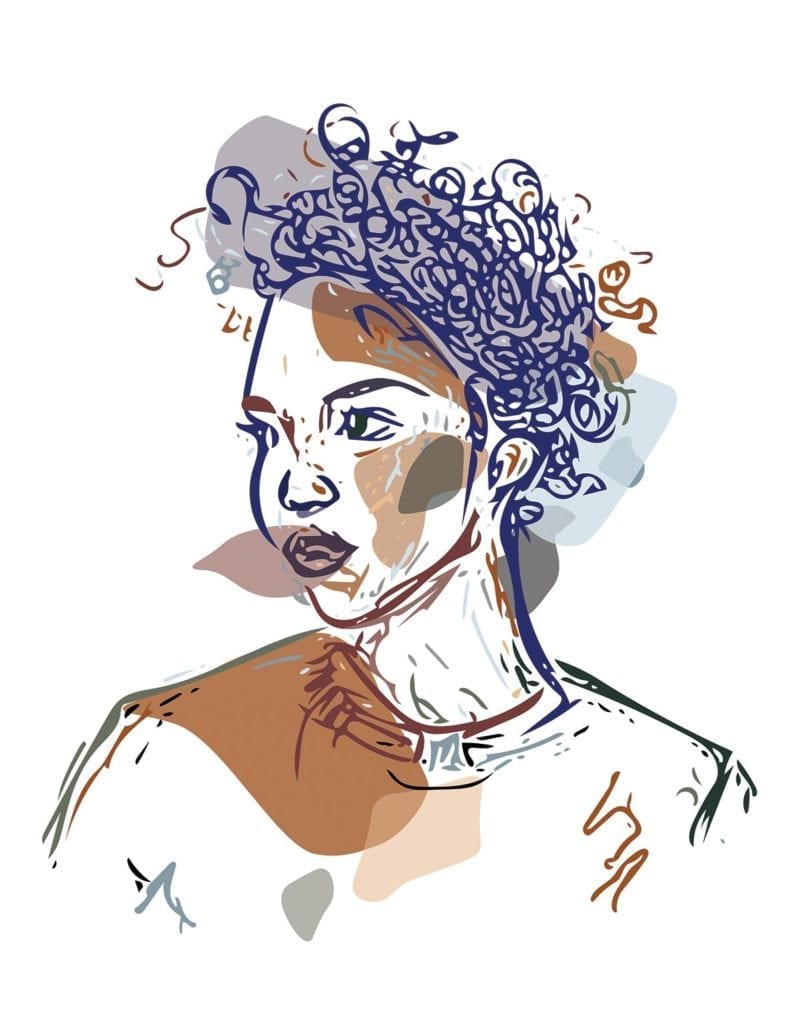
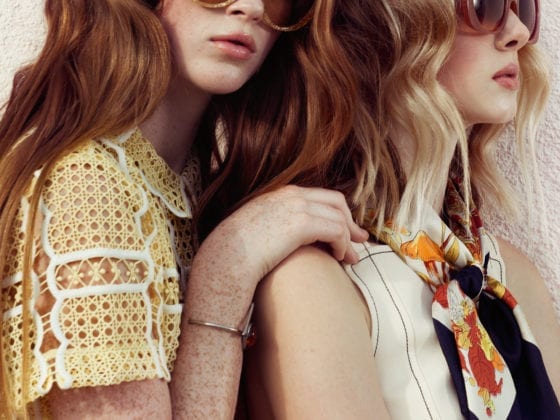
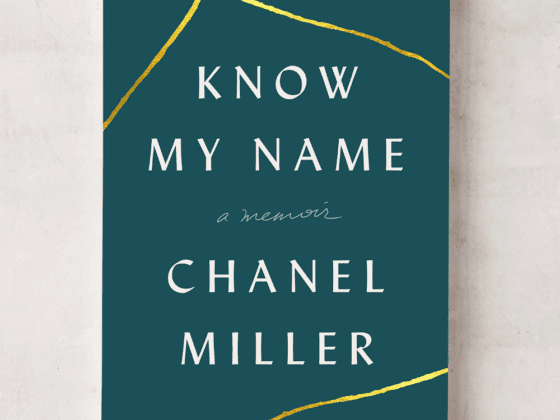
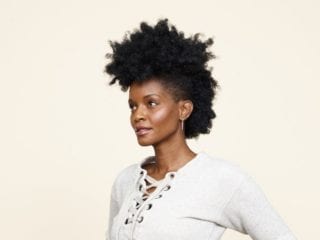
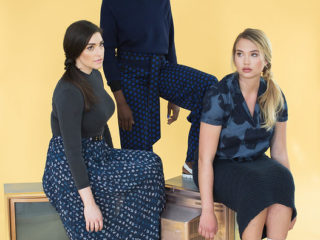
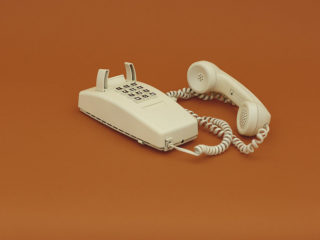


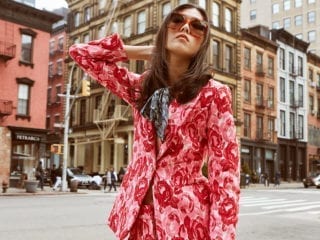
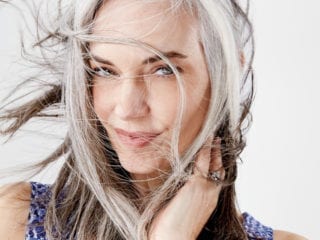

2 comments
This article is powerful. I am a white teacher at a school with majority of students being students of color. This is something we often discuss in school. How can we ensure that our students see themselves in the texts we read, the history we study, and the situations we present. Thank you for writing this piece!
So happy to have been able to share my story about representation and why I started Sorella Magazine. Thank you to Darling Magazine for featuring me!